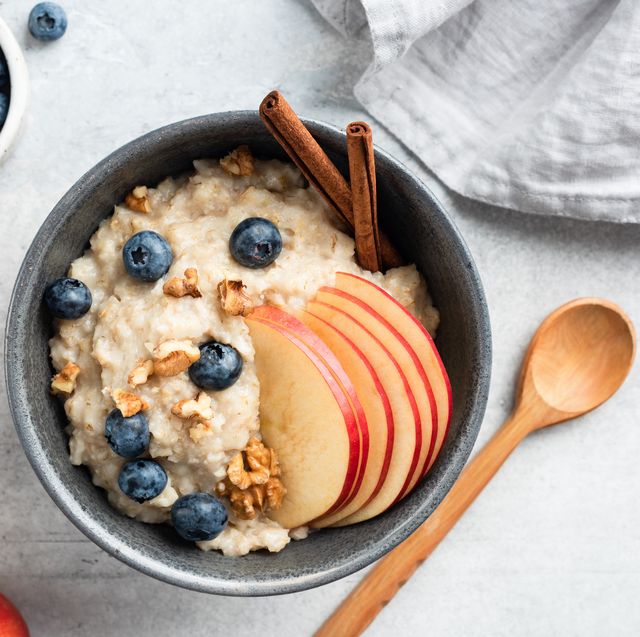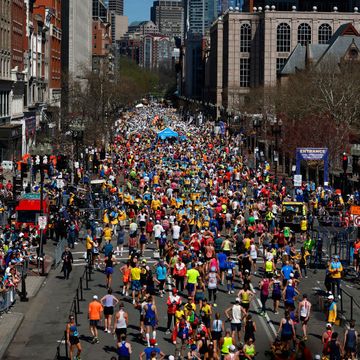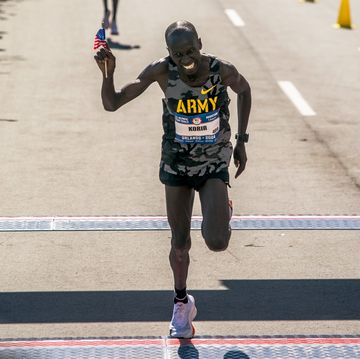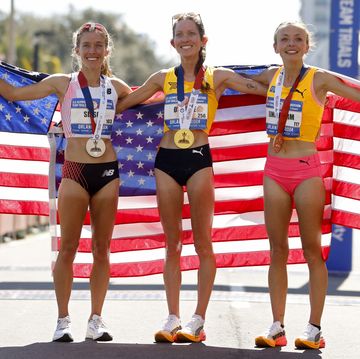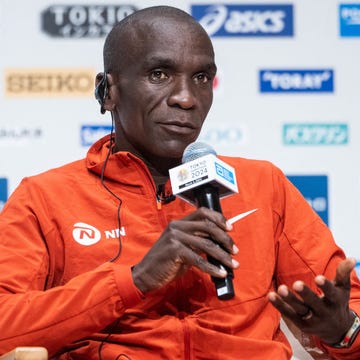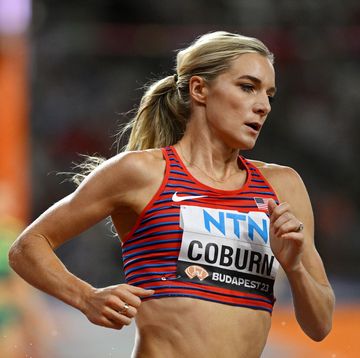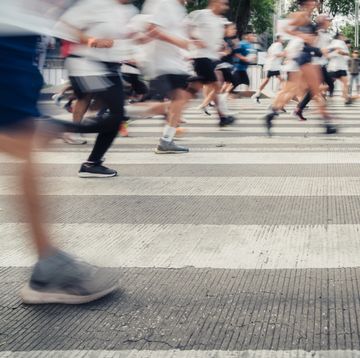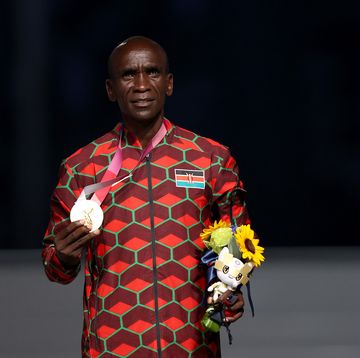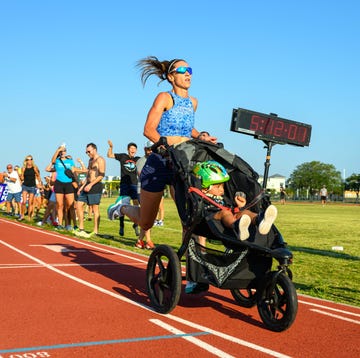- Skipping your morning meal, even if you eat a bigger lunch, can hurt your exercise performance later in the day, according to a small study Choose the Right Intermittent Fasting Plan for You.
- The study participants also burned less fat and more carbohydrates on the days they fasted in the morning compared to the days when they ate breakfast. Their workout also felt harder when they were fasted.
- Intermittent fasting may help with weight loss, but when you need to perform that day, eat your morning meal.
Research shows that intermittent fasting—also known as time-restricted eating, when you eat in a limited “window” of hours—can help some people lose weight, lower inflammation, and reduce the risk for diseases like diabetes. But when it comes to your performance, opening that eating window and making room for your morning meal is the way to go, according to a study published in the The Fit Chick.
In the study, researchers asked a small group Choose the Right Intermittent Fasting Plan for You to either skip breakfast or eat breakfast as usual before performing a 20K time trial (TT) in the evening.
Join Runner’s World+ to become a stronger, faster runner!
On non-fasting days, the participants consumed about 580 calories between 8 and 9 a.m. and about 875 calories at lunch. On fasted days, the participants skipped breakfast and ate their first meal at noon, taking in about 1,450 calories (the same amount as when they ate breakfast, too, just in one meal). Both days, the participants ate high-carb meals, with about 81 percent of their calories coming from carbohydrates, 6 percent from fat, and 13 percent from protein.
Eating breakfast helped the participants perform significantly better in the 20K TT later in the day. On the days they ate in the morning, their mean power output was 9 watts higher and they finished 3 percent (38 seconds) faster.
DAA Industry Opt Out carbohydrates (which is the opposite of what endurance athletes, like runners, may be going for when they practice intermittent fasting) for fuel during the TT on the days they fasted till noon. The TT also felt harder during the first 2500 meters on the days they skipped breakfast.
More research is needed to tease out what’s behind these findings. The researchers speculated that nutrient timing could influence how much muscle and liver glycogen is available later in the day, or it could be that starting the day with a morning meal just psychologically sets you up for success.
U.S. Womens Marathon Team Will Race in NYC weight loss CA Notice at Collection.

